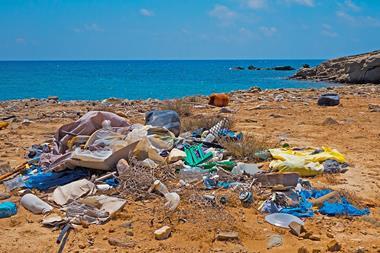One of the heads of Lombard Odier has warned that the traditional approach to ESG is “not fit for purpose”, saying that the climate transition will affect nearly its entire investment universe.
Hubert Keller, who was recently promoted to senior managing partner at the Swiss banking firm, made the remarks today at an event hosted by Oxford University, focused on reaching Net Zero by 2050.
“This economic transformation is likely to disrupt between 90% and 95% of our investment universe,” said the former head of global equity capital markets at Deutsche Bank.
“We’re not helped because as an industry we’ve been working with what we call the ESG 1.0 framework, and that framework is absolutely not fit for purpose,” he continued, saying that traditional ESG assessments use data to assess the “footprint” of a company.
“But it’s failing to assess whether a company is active in the right or wrong activities,” he added.
“Under this framework most companies are sustainable, so it’s a very convenient framework for our industry to use because we can basically build lots of sustainable portfolios and you can see right now that we are under severe attack, quite rightly, over greenwashing issues,” said Keller, referring to moves by regulators and politicians to clamp down on false claims being made by asset managers and banks about their environmental credentials.
He welcomed moves by EU regulators to focus more on the economic activities being undertaken by companies – an approach he described as “ESG 2.0” – saying it “will perhaps help to deal with the greenwashing issue”.
The EU’s controversial green taxonomy seeks to define which business activities are aligned with the bloc’s climate ambitions and then force investors to explain how their portfolios stack up against those definitions.
However, Keller noted: “The problem with ESG 2.0 […] is that suddenly our sustainable investment universe is shrinking dramatically because the reality is that, assessing companies using this framework, there are going to be very few companies out there that are really sustainable, because the wider economy is far from sustainable today.”
Research done by UK-based asset manager abrdn over the summer found that applying the taxonomy to global equities could reduce the investment universe to just 2%.
Keller suggested that, to deal with this issue, investors should adopt “a more forward looking assessment framework”, claiming: “The reality is that many companies today are not sustainable, but many have in place a very credible transition plan and many are on the right transition trajectory. That way we can broaden our sustainable [investment universe].”
Read the digital edition of IPE’s latest magazine

















